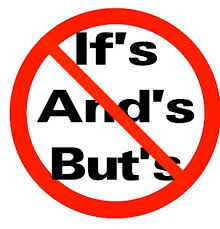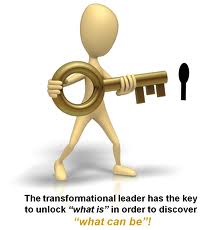Yesterday, I was on the phone with a board volunteer. We were talking about their organization’s annual campaign efforts. In the middle of that conversation, this volunteer launched into a full-blown rant about the state of the economy and why no one has any money anymore to give to charity. It was all I could do to keep from screaming. I am so tired of hearing this kind of thing.
I know. I know. Things are still tight. Recovery is slow. Some people are still hurting terribly. We’ll most likely never return to the days we knew before the Great Recession. There is a New Normal.
However, please humor me and take a look at the following chart from the Giving USA Foundation which was published on the National Philanthropic Trust blog:

Do you see what I see?
- 2007 was the high water mark for charitable giving
- 2008 and 2009 were nightmares. As our economy entered a state of free fall, so too did charitable giving
- We’ve seen very positive growth in 2010, 2011 and 2012
We haven’t recovered everything that was lost in the crash. I suspect that will take many more years . . . BUT the growth is real and the sector isn’t in a state of free fall anymore. We’ve come out of the tunnel, and we’ve been on the other side for quite some time. It may not be what we had hoped for, but this is what recovery looks like. Deal with it!
 I am of the opinion that those of us who still use the economy to explain our shortcomings are simply making excuses. In fact, let me take it a step further. Invoking the economy to explain your poor fundraising performance is nothing short of excuse making.
I am of the opinion that those of us who still use the economy to explain our shortcomings are simply making excuses. In fact, let me take it a step further. Invoking the economy to explain your poor fundraising performance is nothing short of excuse making.
If you have a moment, please click-through to the National Philanthropic Trust blog. They have captured a number of very nice philanthropy statistics all in one place. Here are just a few that I find interesting:
- 88% of households give to charity.
- The average annual household contribution is $2,213 while the mean is $870.
- Charitable giving accounted for 2% of gross domestic product in 2010
I am not suggesting that “Happy Days Are Here Again,” but can we please stop the excuse making?
If your fundraising efforts are dragging, there are likely many other explanations other than the straw-man argument of the economy. Furthermore, if you accept the economy as the reason, then you are likely blinded to all of the other reasons. Here are just a few of those possible explanations:
- You have the wrong people sitting around the table
- You’re using the wrong campaign model for the talent you’ve assembled around your table
- You’re not stewarding your donors correctly
- Your focus is too much on donor acquisition and not enough on donor retention
- Your case for support is stale and not as compelling as it used to be
This list can go on and on, but you’ll never know the real reasons unless you invest in evaluation efforts and reject silly explanations such as “the economy ate my homework“.
So, what should an executive director or fundraising professional do when faced with volunteers who refuse to face facts?
Be a leader!
I’m not suggesting you tell volunteers they are wrong. Don’t launch into a full-blown rant like I’ve done this morning. But leaders lead and you may want to try doing the following:
 Empathize . . . they are grieving the lack of results from their collective efforts
Empathize . . . they are grieving the lack of results from their collective efforts- Agree with what is obvious (e.g. the economy is sluggish)
- Inject truth into the conversation (e.g. people are still giving, donors are still being generous, charitable giving has rebounded nationally over the last three years)
- Suggest that a more thorough critique of your situation might help uncover more facts that will help you make adjustments to next year’s efforts
- Stand tall and make the case for thoughtful evaluation, ROI calculation and critique
There is a New Normal in America when it comes to the economy. What you did before the recession might not work now quite the same way it did back then. They only way to fix this situation is to not accept excuses like the economy, discover the real reasons, and put new strategies in place to deal with the New Normal.
I am tired of the excuses. In fact, I believe accepting those excuses is dangerous for your non-profit organization because it keeps you from moving forward. Do you agree? If so, how are you dealing with it? Have you had any success in moving your volunteers forward? Please use the comment box to share your success stories and strategies. We can all learn from each other.
Here’s to your health!
Erik Anderson
Founder & President, The Healthy Non-Profit LLC
www.thehealthynonprofit.com
erik@thehealthynonprofit.com
http://twitter.com/#!/eanderson847
http://www.facebook.com/eanderson847
http://www.linkedin.com/in/erikanderson847


